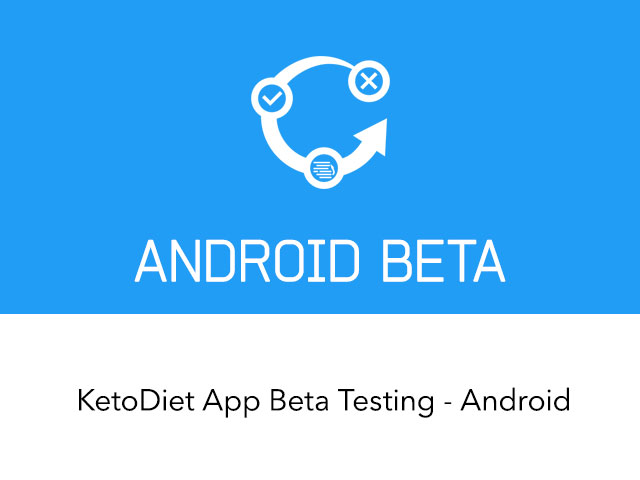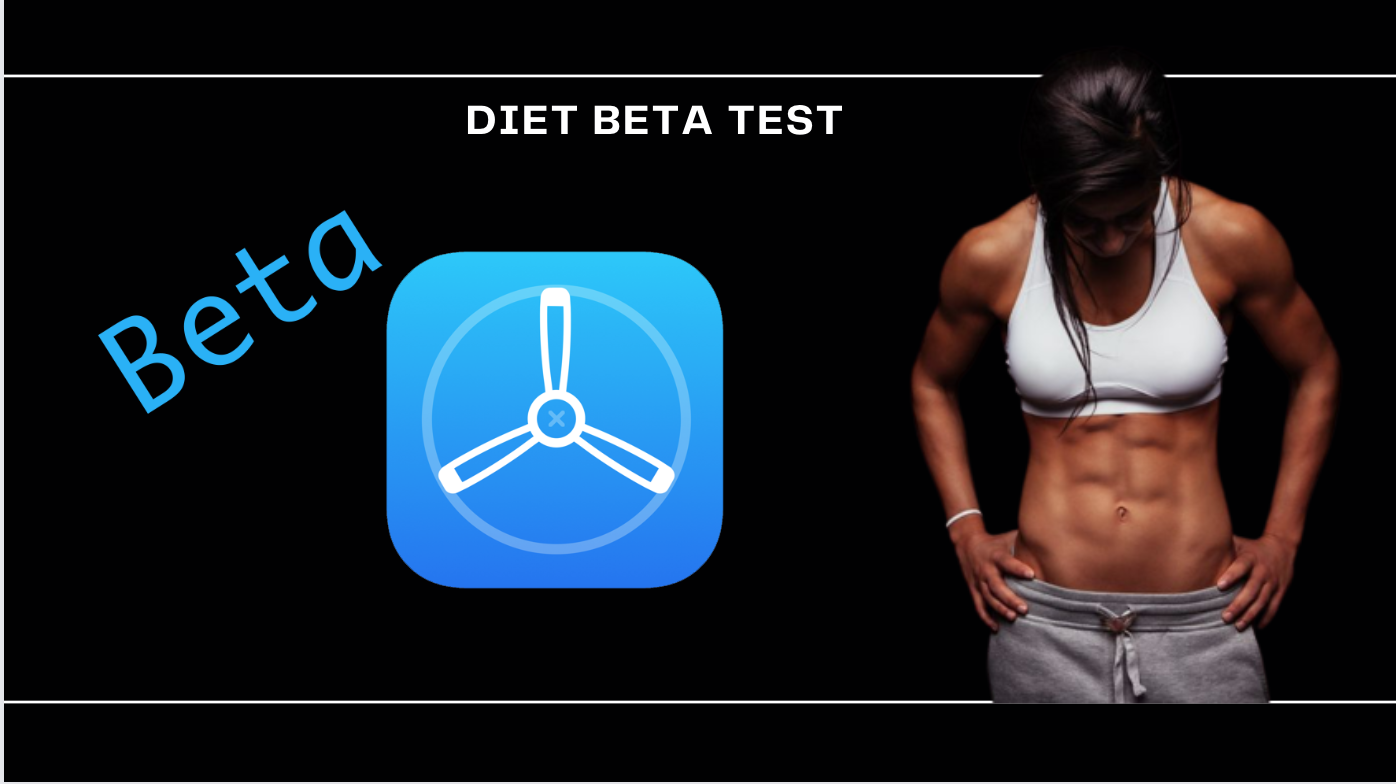What is Diet Beta Test: Unlocking the Secret
Are you tired of trying countless diets that promise miraculous results, only to be disappointed by the lack of progress? If so, it’s time to embark on a new journey: What is Diet Beta Test? In this cutting-edge approach to weight loss, individuals become participants in a groundbreaking experiment aimed at fine-tuning their dietary habits for optimal health and fitness.
By treating your body as a scientific laboratory and testing various dieting methodologies, you can finally unlock the secret formula that works best for your unique biology. So, get ready to leave behind cookie-cutter diets and embrace a personalized approach that could revolutionize your relationship with food forever.

What is the Purpose of a Diet Beta Test?
The purpose of a diet beta test is to gather valuable feedback and make necessary improvements before launching the diet plan to a larger audience. Beta testing allows developers and creators to identify any flaws or limitations in the program, ensuring that it meets the needs and expectations of users. By involving a smaller group of people in the initial stages, they can provide insights and suggestions for improvement that might not have been considered by the developers.
Additionally, beta testing provides an opportunity for participants to evaluate how well the diet plan fits into their lifestyle and whether it produces desired results. This real-world testing allows for adjustments to be made based on real user experiences. The feedback gathered during this phase helps refine the program’s effectiveness, usability, and overall success rate when it eventually goes live. Ultimately, beta testing serves as a crucial step in fine-tuning a diet plan to maximize its efficacy and ensure its long-term sustainability for a broader audience.
How Does a Diet Beta Test Work?
A diet beta test is a trial or experiment conducted to assess the effectiveness, feasibility, and user experience of a new diet plan before it is officially launched to a wider audience. This process is common in the development of new diets, nutritional strategies, or weight loss programs. Here’s how a diet beta test typically works:
Designing the Diet Plan:
Before conducting a beta test, the diet plan needs to be developed. This involves creating meal plans, guidelines, nutritional recommendations, and possibly exercise routines that are intended to help participants achieve specific goals, such as weight loss, muscle gain, improved energy levels, or better overall health.
Recruitment of Participants:
Beta testers are usually recruited from a target audience that the diet plan is designed for. These participants could be individuals who have expressed interest in trying the new diet or those who fit the demographic and health criteria for the plan. They are often volunteers who are willing to provide feedback and track their progress.
Information and Resources:
Participants are provided with detailed information about the diet plan, including guidelines for what to eat, when to eat, portion sizes, and any associated exercise recommendations. This information may be delivered in the form of written materials, videos, online platforms, or mobile apps.
Implementation and Tracking:
Participants follow the diet plan as closely as possible and track their progress over a defined period. This could involve recording daily food intake, exercise routines, body measurements, weight changes, energy levels, and any other relevant data. Tracking tools may include physical diaries, digital apps, or online platforms.
Feedback and Communication:
Beta testers are encouraged to provide regular feedback about their experiences with the diet plan. This could involve surveys, questionnaires, interviews, or focus group discussions. Participants may share insights about what worked well, challenges they encountered, any improvements they suggest, and their overall satisfaction with the diet plan.
Analysis and Adjustment:
The feedback collected from beta testers is carefully analyzed by the developers of the diet plan. This analysis helps identify strengths and weaknesses of the plan, as well as areas that need improvement. Adjustments may be made based on this feedback to enhance the plan’s effectiveness, feasibility, and user-friendliness.
Iteration:
After analyzing the feedback and making necessary adjustments, the developers may conduct additional rounds of beta testing to further refine the diet plan. This iterative process continues until the plan reaches a satisfactory level of effectiveness and user satisfaction.
Official Launch:
Once the developers are confident in the effectiveness and user experience of the diet plan based on beta test results, they can officially launch the plan to a wider audience. This could involve marketing, public relations, and distribution of materials to reach the target audience.
Benefits of participating in a diet beta test
Participating in a diet beta test can have numerous benefits that go beyond simply shedding a few pounds. Firstly, it provides an opportunity to be part of cutting-edge research and contribute to the development of new dietary strategies. By joining a beta test, individuals can gain access to expert guidance, personalized meal plans, and state-of-the-art tools that may not be available or affordable otherwise.
Additionally, participating in a diet beta test also allows individuals to challenge their own eating habits and explore new foods and recipes. It serves as a catalyst for experimentation in the kitchen, encouraging participants to step outside their culinary comfort zones and try nourishing meals they might have never considered before. This exposure to diverse ingredients and cooking techniques not only rejuvenates one’s palate but also fosters long-lasting healthy eating habits.
Moreover, being part of a community engaged in the same diet beta test creates invaluable social support. Through online forums or group meetings, participants can share experiences, swap tips and tricks, offer encouragement during challenging moments, and celebrate each other’s achievements. This sense of camaraderie boosts motivation levels significantly during the journey towards achieving personal health goals
Examples of successful diet beta tests
One successful example of a diet beta test is the Whole30 program. It was initially launched as a 30-day reset plan that eliminated certain food groups such as grains, dairy, and added sugars. The beta test had a diverse group of participants who documented their experience on social media platforms. This generated significant buzz and allowed the creators to collect invaluable feedback on the effectiveness and sustainability of the program. As a result, they were able to refine and improve the diet plan before its wide release.
Another notable diet beta test success story is that of Weight Watchers, now known as WW. In one beta testing phase, they introduced their point system which assigned values to different foods based on their nutritional content. Participants in this study reported higher levels of satisfaction with their weight loss progress compared to those following traditional calorie counting methods. The data collected from this beta test helped shape the final version of their program, making it more user-friendly and effective for participants.
Final Thoughts
In conclusion, what is a diet beta test? A diet beta test is an effective and practical way to evaluate the potential benefits and drawbacks of a new diet plan or approach. By participating in such a test, individuals can gather valuable data about their own body’s response to certain foods or eating patterns. This information can then be used to make more informed decisions about what works best for their individual health goals.
Additionally, diet beta tests provide an opportunity for researchers and experts to further refine and optimize dietary recommendations based on real-world results. So, if you’re looking for a way to enhance your understanding of your body’s unique dietary needs and contribute to scientific research at the same time, consider participating in a diet beta test today!







